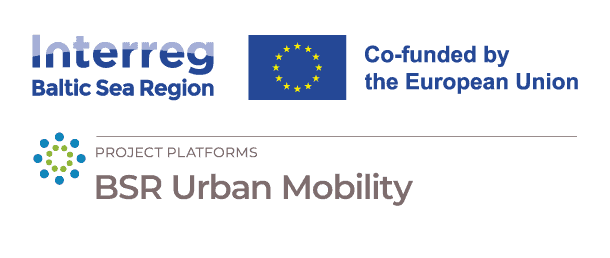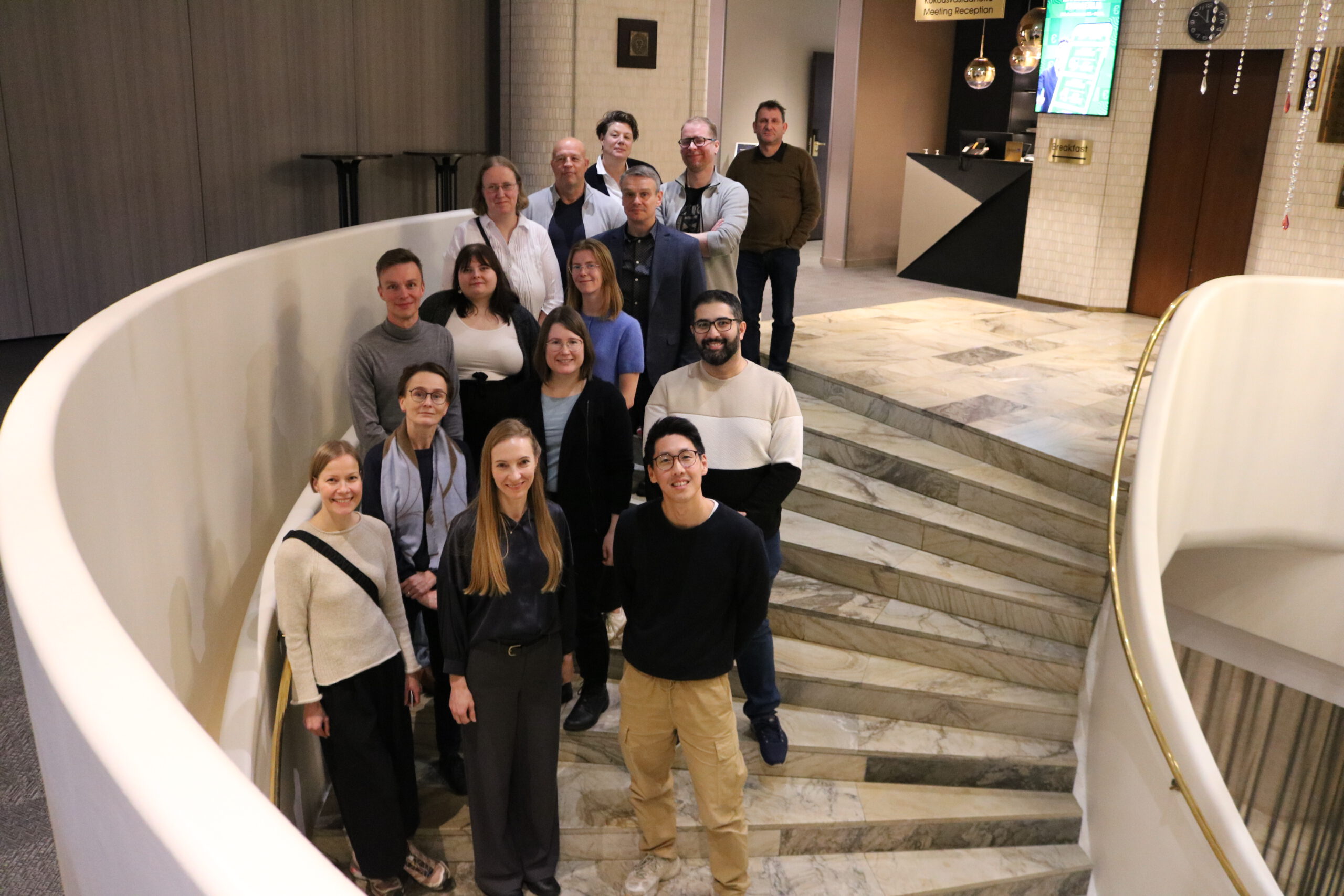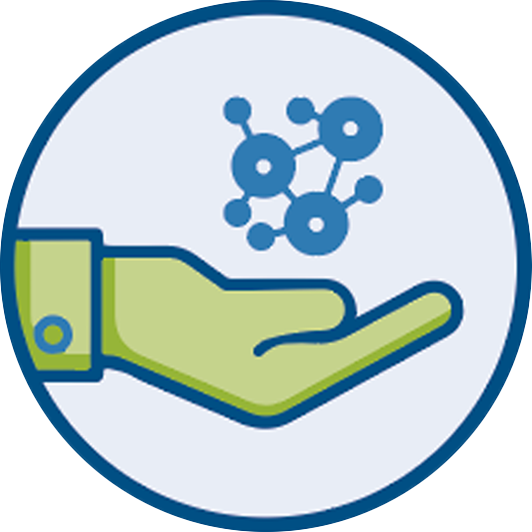
BSR Urban Mobility platform brings together urban mobility experts and knowledge from across the Baltic Sea region
25 November 2025
The project officially launched with a two-day kick-off meeting in Turku, Finland, on November 12–13, 2025, bringing together seven partners from seven different countries.
The BSR Urban Mobility Project consolidates tools, guidance, and proven solutions from 17 previous projects to address urban mobility challenges. The main goal is to support cities and regions in the Baltic Sea Region (BSR) in sustainable urban mobility and logistics planning, and to contribute to the successful local implementation of these strategies.
“This platform is a unique opportunity to unite experts from the Baltic Sea region who have participated in various urban mobility projects. By joining forces, we can compile lessons learned and useful tools from individual projects and make them available to an even wider group of mobility professionals,” says Maija Rusanen from the UBC Sustainable Cities Commission / City of Turku, which leads the cooperation project.

In the coming years, BSR Urban Mobility will organize targeted peer learning and capacity-building activities for BSR cities and urban nodes, focusing on four topics: urban nodes & TEN-T regulation, Sustainable Urban Mobility & Logistics Planning (SUMPs & SULPs), planning and promoting active modes of transport in BSR cities, and establishing multimodal mobility hubs to support efficient urban logistics. During the kick-off meeting, participants began planning activities by jointly identifying preliminary topics of interest, highlighting potential contributions from various projects, key outputs, and opportunities for synergy.
In the initial months, partners have focused on preparing a survey on sustainable urban mobility and logistics planning. This survey explores how cities and regions across the Baltic Sea Region are implementing sustainable mobility and logistics planning. It aims to identify key policy priorities and challenges, including those related to the revised TEN-T regulation.
“We hope to receive responses from many cities and regions. This would help us define the state of the art in sustainable urban mobility and logistics planning, tailor our activities—such as peer learning and capacity building—to local needs, and highlight the most interesting results from the platform projects,” adds Maija Rusanen.
The survey results will also contribute to the project’s final output: the BSR Urban Mobility Policy Framework, developed through transnational policy dialogue. This framework will translate the platform’s main findings into joint and concise policy recommendations to enhance active and efficient urban mobility in BSR cities and to shape support mechanisms at national and EU levels.
We welcome you to join our activities!





